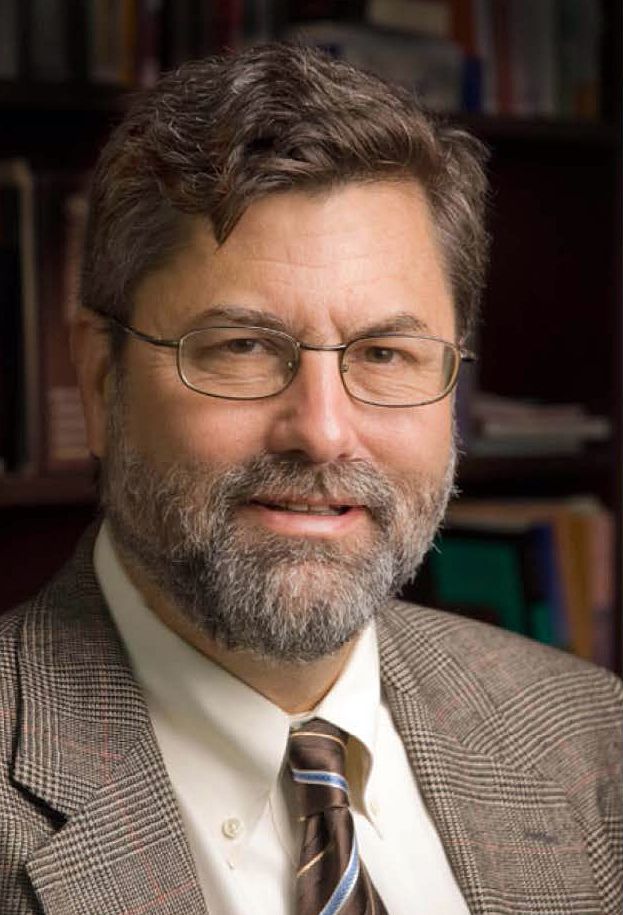
Race, Rights and Resources
Two years into his undergraduate education at Harvard University, Charles R. Hale heard about a group of llama and alpaca herders in Bolivia engaged in a struggle for social justice. They sought to create an organization that would challenge discriminatory practices and advance their collective well-being.
Hale wanted to learn more, so he left school and traveled from his home in Iowa City to La Paz, Bolivia, and then to the altiplano (high plains) near the Chilean border.
The activism of those herders would become the foundation of Hale’s academic career, leading him to Nicaragua, where he conducted field research for his doctorate in anthropology, and then Guatemala, Honduras and Mexico. For 30 years he has studied the indigenous and Afro-descendant peoples of Latin America and the Caribbean, focusing on racial and ethnic relations, racism, social movements for rights and resources.
Now the SAGE Sara Miller McCune Dean of Social Sciences at UC Santa Barbara, Hale will discuss the meaning of his research in a talk titled “Race, Rights and Resources: Bringing ‘Home’ Three Decades of Activist Research in Latin America.” This Diversity Lecture sponsored by the campus’s MultiCultural Center (MCC) will begin at 6 p.m. Thursday, Nov. 8, in the MCC Theater. It is free and open to the public.
“We need people who are thinking about how the university needs to be constituted differently in order to address the challenges of our times,” said Hale. “This need for institutional change in the university echoes in important ways the lessons that I learned from studying black and indigenous movements.”
The lecture, he noted, also “is an attempt to think through for myself, and then for others, how to make a transition between a long stint as primarily a scholar and teacher to administration.”
Hale, who came to UC Santa Barbara in January, moved into administrative roles 10 years ago at the University of Texas at Austin, to find ways for public universities to more fully meet their mandate to serve society for the common good.
“I think the university’s operations are predicated on the idea that our political and environmental systems are working well, which makes sense because the university is embedded in those systems,” he explained. “The problem is that there are signs of deep vulnerabilities in our larger society. Our democratic institutions aren’t working that well. Our economy is producing deepened inequality, and our environment is in serious distress. There’s a danger that the university would, instead of addressing these large and pressing problems, continue under the assumption that the system is working well, that systemic change is not necessary or possible.”
Hale’s research helps to inform this analysis, he said, because he examined how indigenous peoples made changes to address the system’s shortcomings and raised their voices to ask “hard questions and explore radically alternative ways of organizing our worlds to guarantee their children’s future survival and well-being.”
Known for his extensive work with the Miskitu, Creole and Garifuna peoples of Central America, who have pushed their societies toward transitions from mono-ethnic governance toward the recognition of of rights to autonomy, territory and other forms of multicultural citizenship, Hale has embraced the university’s principles of interdisciplinary approach to complex social problems.
“I think one of the key contributions that we can make both to the University of California and more broadly,” he said, “is to advance the argument that many of the most pressing needs of our society are effectively addressed with scientific and technological innovation, only when creatively combined with sustained attention to a given problem’s social and political dimensions.”



